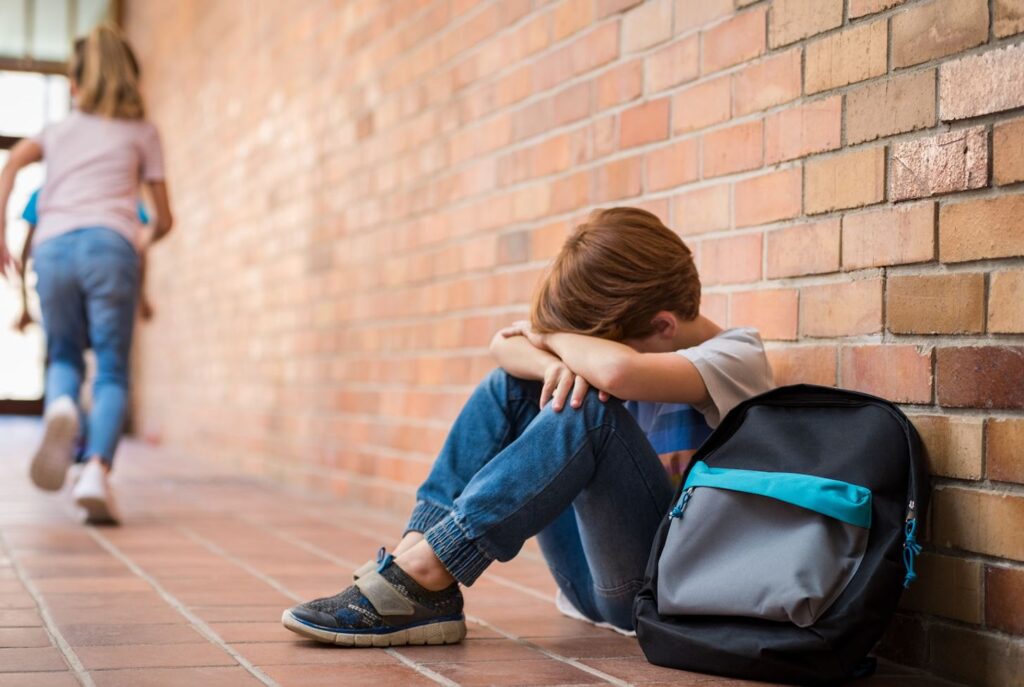For those who think a mental illness is “all in your head”, specifically when it comes to young children and adolescents, know that research shows a child’s ability to function can be easily impeded by emotional stress.
There have been numerous incidents of kids failing to keep up with their studies because their mental health is not being addressed, both at home and in school. When left unattended, mental health concerns can lead to children becoming aggressive, anxious, depressed, withdrawn, or completely tuned-out and oblivious to the fast-paced world around them.
Why is Mental Health Important in Schools?
Many parents are busy with job(s) and lack of healthy, active, consistent respite and support. Settled, structured routines can quickly become unhinged, chaos that feels totally overwhelming when a child or children are added to the mix. Community and educational professionals frequently notice red flags such as lack or loss of coping skills, poor social navigation, low self-esteem, etc. Many children spend a majority of each day in non-custodial care.
Mental health problems are not uncommon among youth, and often quite treatable, when coordination and collaboration of care come together for the good of the child. If mentally unstable or bothered by disturbing thoughts, children can become depressed, get anxious, feel isolated, and may even start having suicidal thoughts and gestures. Teenage girls are at particularly high-risk.
How can schools support the mental health needs of children?
If you have a child suffering from a psychological disorder, or mental health concern, know there is help. School counselors are on the front-line. They see and can help assess ways in which to provide effective individual and family support. Suppressed emotions and behavioral disturbances, such as fighting, detentions, suspensions, frequent loss of friendships, low grades and high need students, rarely maintain on their own for long. Similarly, a child with hyperactivity may benefit from having additional activities or may even benefit from medication.
So, to sum it up, yes, children do experience psychological issues, especially when they are a “barometer” of their household functioning. Children worry, get emotional, are stressed out, and sometimes need a little extra support too. If their need for support goes beyond a few weeks, the school counselor can provide you with appropriate community resources, so more in-depth care can be accessed.
Thankfully, children and families are resilient, and help is available. If you see your child struggling, a good first step is to reach out and talk with the school counselor. They can be a wonderful (undiscovered) resource.
